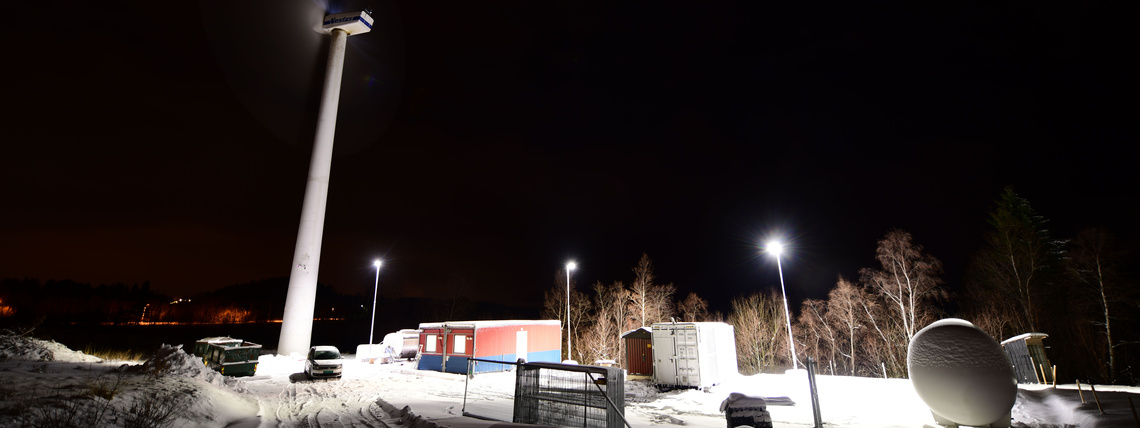The articles of the current edition are available on the new site.

The REMOTE Project, coordinated by Professor Massimo Santarelli of the Energy Department of the Politecnico is among the finalists of the EU Sustainable Energy Week (EUSEW) Awards for the best sustainable energy projects in the Engagement, Innovation and Youth categories.
Until 15 June you can vote for it on the award website by clicking on REMOTE – REMOTE AREA ENERGY SUPPLY WITH MULTIPLE OPTIONS FOR INTEGRATED HYDROGEN-BASED TECHNOLOGIES
The REMOTE project, funded by the Horizon 2020 programme, has developed an innovative technology to store energy produced locally from renewable sources through hydrogen batteries, also allowing excess energy to be stored for use when production falls.
Worldwide, there are approx. 10,000 islands inhabited by a total of approx. 750 million people where electricity is produced by diesel generators, as well as thousands of mountain communities that could switch to a combination of renewable energy and energy storage to meet their needs, abandoning the use of diesel generators.
Currently at the 4 sites chosen for the tests - Ginostra on the island of Stromboli, Agkistro in Greece, the island of Froan in Norway and Ambornetti in the Italian Alps - the expected impact of REMOTE is to reduce energy imports in remote locations, reduce the use of fossil fuels by 95-100% and improve energy security and independence.
“Intermittent renewable energies can be integrated with hydrogen and battery storage to provide a viable, reliable, cost-effective and decarbonised alternative to on-site electricity generation.", says Domenico Ferrero, researcher at the Energy Department of the Politecnico "We are testing our concept in a wide range of conditions, from sunny, warm southern Europe to windy, cold Scandinavia, and we expect all sites to experience an almost complete substitution of fossil fuels. Many people would be happy to give up dependence on diesel and save money because of the ability to store the renewable energy they generate that does not need to be used immediately. In Norway, our technology could also avoid the cost of replacing a submarine cable, while in Ginostra it will help reduce the impact of diesel pollution in a nature reserve area. ".